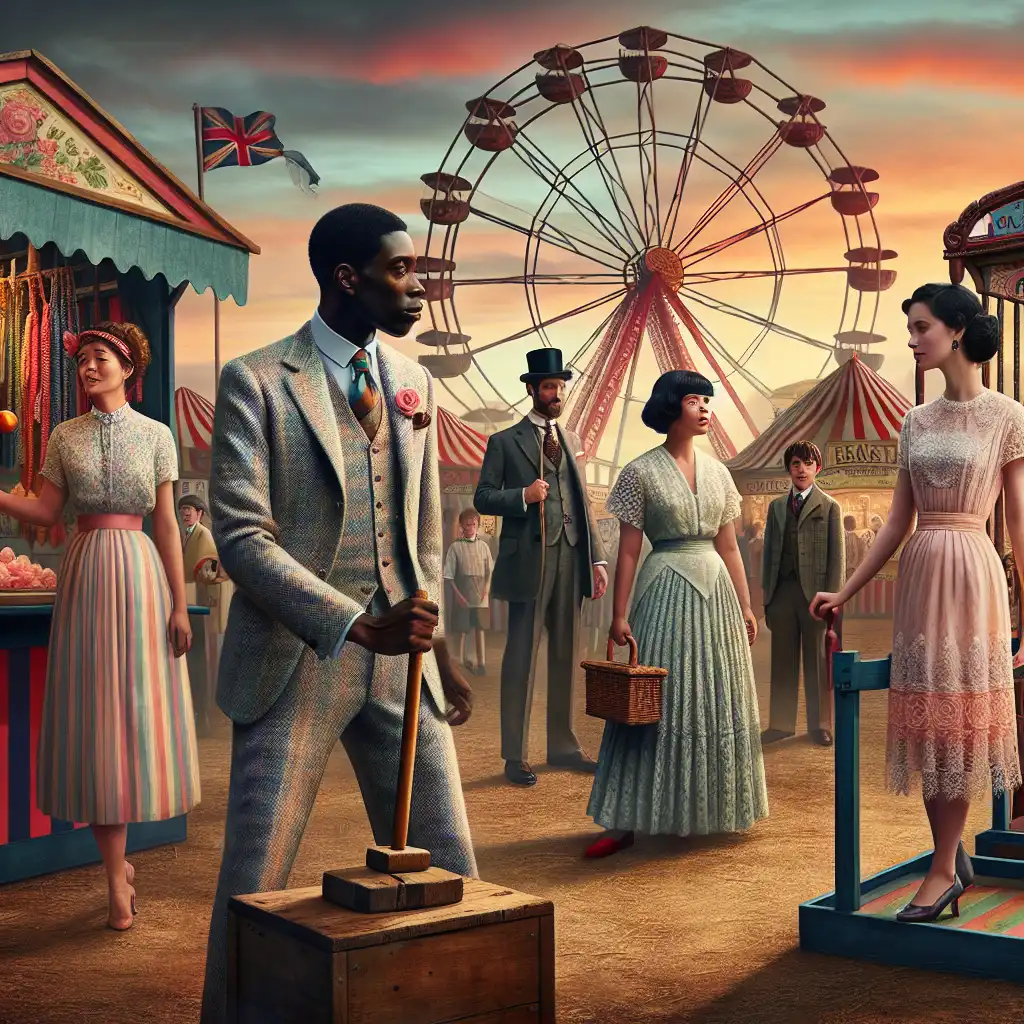
Twas
Literary Atmosphere
Used to evoke a classic, old-fashioned tone or to mimic historical speech.  'Twas a pleasure to meet thee, good sir.
'Twas a pleasure to meet thee, good sir.
Not Modern
'Twas is not commonly used in everyday language today; it appears more in historical or poetic contexts.  At the fair, 'twas as though we'd stepped back in time.
At the fair, 'twas as though we'd stepped back in time.
Christmas Reference
Often associated with Christmas tales, especially the famous poem 'A Visit from St. Nicholas'.  'Twas the night before Christmas, when all through the house...
'Twas the night before Christmas, when all through the house...